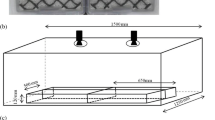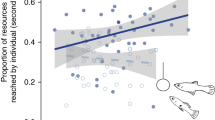Abstract.
Humans sometimes forage or distribute the products of foraging in ways that do not maximize individual energetic return rates. As an alternative to hypotheses that rely on reciprocal altruism to counter the costs of inefficiency, we suggest that the cost itself could be recouped through signal benefit. Costly signaling theory predicts that signals can provide fitness benefits when costs are honestly linked to signaler quality, and this information is broadcast to potential mates and competitors. Here, we test some predictions of costly signaling theory against empirical data on human food acquisition and sharing patterns. We show that at least two types of marine foraging, turtle hunting and spearfishing, as practiced among the Meriam (a Melanesian people of Torres Strait, Australia) meet key criteria for costly signaling: signal traits are (1) differentially costly or beneficial in ways that are (2) honestly linked to signaler quality, and (3) designed to effectively broadcast the signal. We conclude that relatively inefficient hunting or sharing choices may be maintained in a population if they serve as costly and reliable signals designed to reveal the signaler's qualities to observers.
Similar content being viewed by others
Author information
Authors and Affiliations
Additional information
Electronic Publication
Rights and permissions
About this article
Cite this article
Bliege Bird, R., Smith, E. & Bird, D.W. The hunting handicap: costly signaling in human foraging strategies. Behav Ecol Sociobiol 50, 9–19 (2001). https://doi.org/10.1007/s002650100338
Received:
Revised:
Accepted:
Issue Date:
DOI: https://doi.org/10.1007/s002650100338




